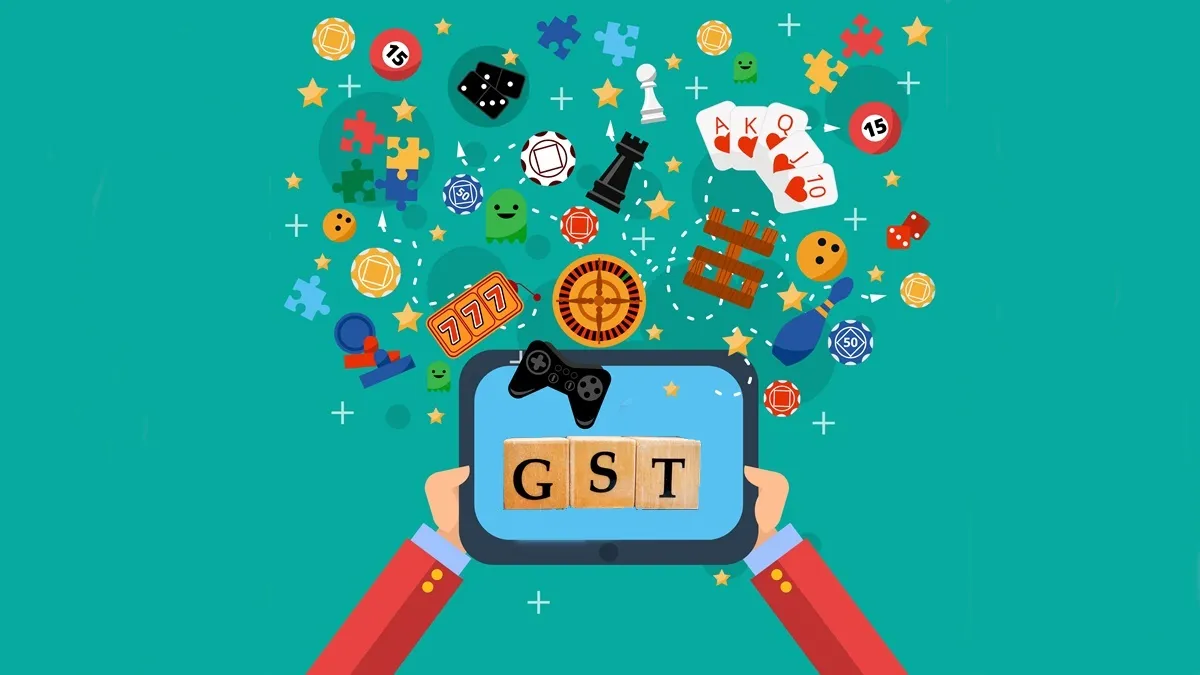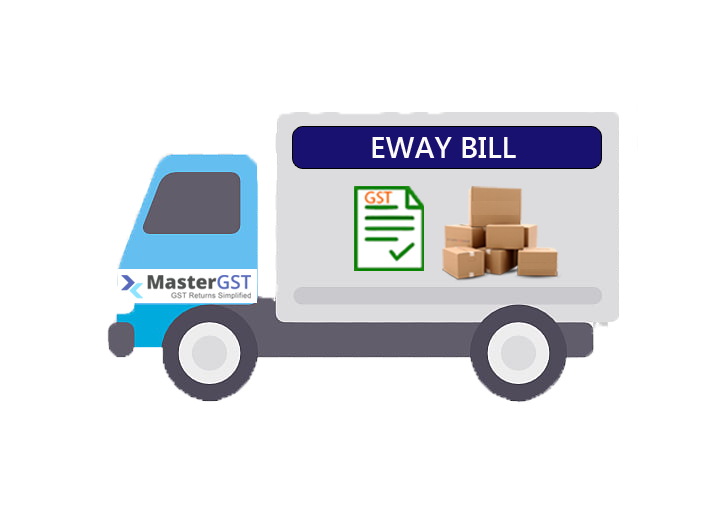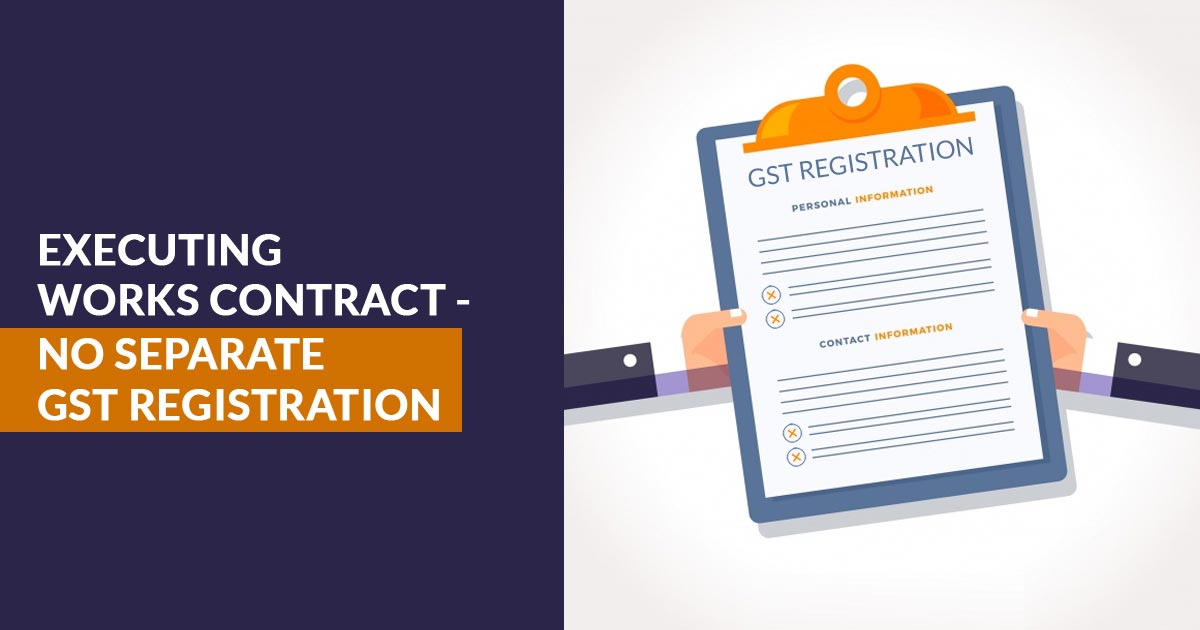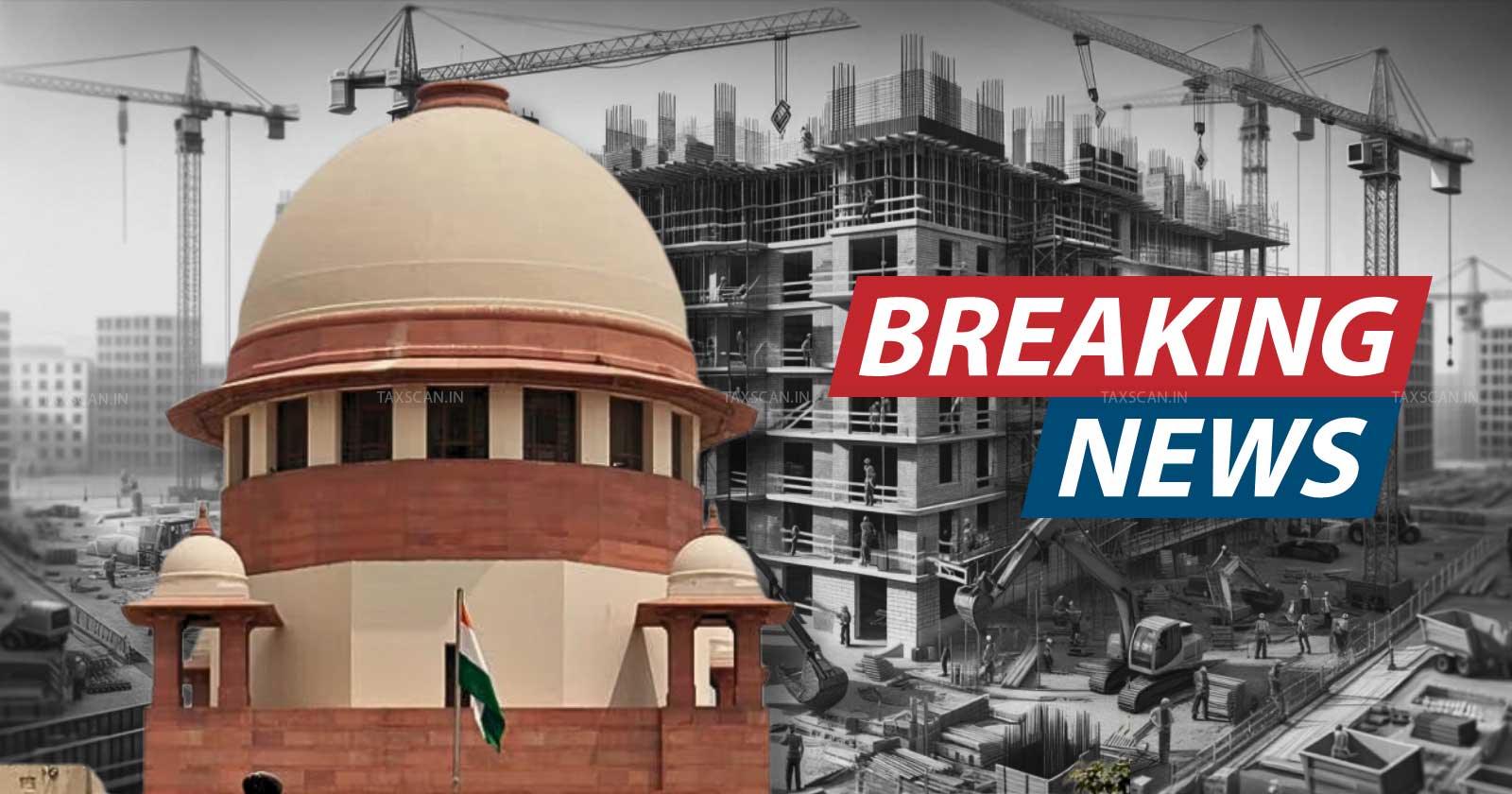Category: Goods and service tax
Whether ITC for different financial years can be clubbed together for claiming refund under Rule 89(4) of the CGST Rules?
Background: M/s. Sine Automation and Integration (P.) Ltd. (“the Petitioner”) filed an application for a refund of unutilized Input Tax Credit (ITC) on the export of goods under a Letter of Undertaking (LOU). On October 11, 2018, the Revenue Department (“the Respondent”) provisionally approved 90% of the refund claim under Section 54(3) of the Central Goods and Services Tax Act, 2017 (“the CGST Act”).
However, a Show Cause Notice was issued on November 26, 2018, regarding the rejection of a portion of the refund amounting to ₹21,690. Following scrutiny, a refund sanction order was issued on December 6, 2018, approving a total refund of ₹1,30,08,858. Dissatisfied with this sanction, the Respondent appealed to the Commissioner of CGST, who, in an order dated September 18, 2020 (“the Impugned Order”), directed the Petitioner to repay the already sanctioned refund along with interest.
The Petitioner subsequently challenged the Impugned Order in a writ petition before the Hon’ble Bombay High Court, arguing that their refund claim was made in accordance with Rule 89(4) of the CGST Rules. They contended that the Respondent incorrectly applied Circular 125/44/2019-GST dated November 18, 2019 (“the Circular”) in this matter.
Issue: The key issue before the Court was whether ITC for different financial years could be clubbed together for claiming a refund under Rule 89(4) of the CGST Rules.
Court’s Findings: The Hon'ble Bombay High Court ruled that the Petitioner is allowed to consolidate the ITC credit from the financial year 2017-2018, as this credit is recorded in the Electronic Credit Ledger. The Court further highlighted the need to consider the clarifications in Circular 135/05/2020-GST, dated March 31, 2020, which clarifies that restrictions on consolidating refund claims across financial years do not apply.
Consequently, the Court determined that the Impugned Order was unsustainable and directed its annulment. It instructed the restoration of the Respondent's appeal for a fresh decision, considering the implications of the Subsequent Circular. The Court also mandated that the appeal be resolved expeditiously within four months, prohibiting any coercive action from the Respondent until the matter is settled.
This ruling emphasizes the necessity of understanding GST regulations and the interpretative guidance provided by relevant circulars, which can significantly influence tax compliance and refund claims.









